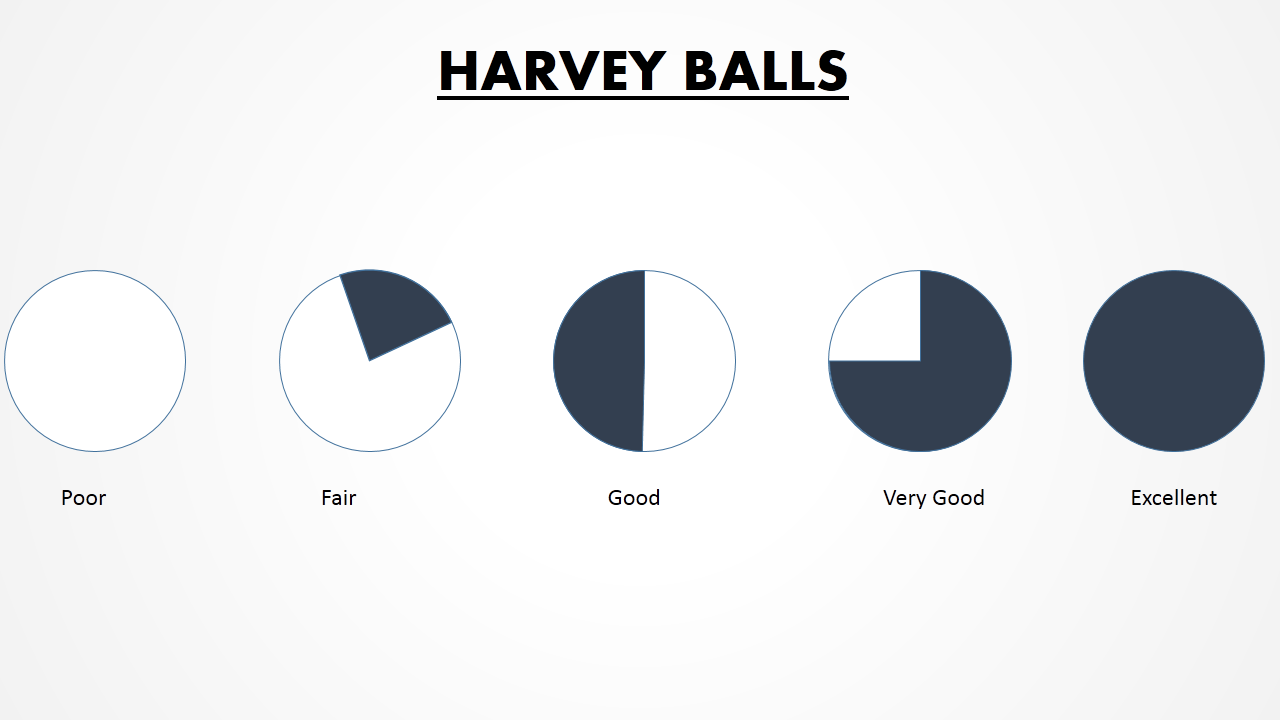In the world of healthcare, where our foremost concern is the well-being of patients, there's an ever-present challenge that we cannot ignore: the looming specter of risk. Healthcare has rules and regulations, patient safety worries, and financial intricacies. Navigating this maze of uncertainty often feels like walking a tightrope with the potential for consequences at every step.
Think about it this way: you might be a dedicated healthcare professional or an administrator driven by the mission to provide top-notch care. Your facility is your community's trusted pillar of health, where patients rely on your expertise. But, no matter how devoted you are, the shadow of risk never entirely fades away.
Do these questions ever keep you up at night? How can you ensure your patients are safe in a world of potential dangers? How can you keep up with the ever-changing rules and avoid costly missteps? And the big one: how do you secure your organization's financial stability, especially when unforeseen challenges arise?
If these concerns strike a chord with you, believe that — you're not alone. Even seasoned professionals find healthcare risk management to be a puzzle. But, in this complexity, there's a glimmer of hope—a practical solution perfectly tailored to your needs.
Explore the insights in our Project Management Report Templates blog for a winning approach to your project deliverables.
Get ready to embark on a new transformative journey as we introduce a treasure trove of indispensable healthcare risk management templates with real-world examples. You can insert text into these templates and record relevant data. It's a game-changer, and your path to confident risk management begins here.
Let's explore them in detail.
Template 1: Healthcare Risk Management Process Analysis Evaluation Assessment Resource Planning
This PPT Set is perfect for hosting expert discussion sessions on healthcare risk management. High-quality visuals, images, graphics, and twelve slides allow you to showcase your expertise clearly and concisely. Each slide covers a different topic, including a decision tree for healthcare risk management, a healthcare risk management model with staff management, and a healthcare risk management process with a course of action. Presenting each topic on a separate slide can help your audience interpret the information more effectively. Get this template today and take your healthcare risk management discussions to the next level.
Template 2: Risk Management Plan For Healthcare Professionals
This PPT Framework simplifies the intricate world of risk management in the medical field, making it accessible and actionable. This template provides a comprehensive framework, from safety specifications to pharmacovigilance and risk minimization activities. You can add your personalized content to tailor it to your needs. Covering crucial topics like Risk Management, Healthcare Professionals, and Pharmacovigilance Activities, this template equips you to engage and persuade your audience confidently.
The Final Verdict
We understand your challenges - patient safety, changing regulations, financial stability - and we've shown you a way forward. SlideTeam's healthcare risk management system templates and real-world examples offer a lifeline. They empower you to take control, customize your strategies, and confidently navigate the intricate landscape of healthcare risk. As we wrap up this journey, remember that you don't have to face these challenges alone.
Contact us if you want to explore these templates in more detail and discover how they can transform your risk management practices. We're here to assist you every step of the way. To know more about these templates in detail, contact us! We'd love to assist you. Your path to mastering healthcare risk management begins now.
FAQs On Healthcare Risk Management
1. What are the five principles of risk management health?
The five principles of risk management in health are:
- Identification: Recognize and assess potential health risks, including biological, chemical, physical, ergonomic, and psychosocial factors. This involves thorough evaluation and data collection.
- Evaluation: Analyze the identified risks in terms of their severity, probability, and potential impact on health and safety. Prioritize risks based on their significance.
- Control: Develop and implement effective control measures to mitigate or eliminate identified risks. This may involve engineering controls, administrative measures, or personal protective equipment.
- Monitoring: Continuously monitor and review the effectiveness of risk control measures. Adapt strategies as needed to maintain a safe and healthy environment.
- Communication: Foster open and transparent communication about risks within the organization, ensuring that all stakeholders are aware of potential hazards and the measures in place to address them.
2. What are the steps of risk management in healthcare?
The steps include:
- Risk Identification: Identify potential risks, including medical errors, patient safety concerns, and operational issues, through incident reports, data analysis, and stakeholder input.
- Risk Assessment: Evaluate the identified risks in their severity, likelihood, and potential impact on patient care and the organization.
- Risk Control: Develop and implement strategies to control or mitigate identified risks, such as improved processes, training, or updated protocols.
- Monitoring and Review: Continuously monitor the effectiveness of risk control measures and review incidents to identify areas for improvement.
- Documentation and Reporting: Maintain thorough records of risk management activities and report significant incidents to relevant authorities and stakeholders.
- Communication: Ensure clear communication of risks and risk management strategies to healthcare staff, patients, and stakeholders.
- Feedback and Learning: Encourage a culture of learning from incidents and near misses, using them as opportunities for improvement.
- Insurance and Legal Considerations: Assess the need for insurance coverage and legal protections to address potential liabilities.
- Quality Improvement: Integrate risk management into quality improvement efforts to enhance patient care and safety.
- Continuous Improvement: Continuously refine and adapt the risk management process based on lessons learned and changing circumstances.
3. What are the roles and responsibilities of risk management in healthcare?
The role of risk management in the healthcare department is crucial for ensuring the safety and quality of patient care. Its primary responsibilities include identifying, assessing, and mitigating potential risks within healthcare organizations. This involves analyzing patient safety, regulatory compliance, financial stability, and reputation management. Risk management teams work to develop and implement strategies and protocols to minimize risks, improve patient outcomes, and prevent adverse events. They also play a crucial role in monitoring and reporting incidents, facilitating communication among healthcare professionals, and fostering a safety culture.





 Customer Reviews
Customer Reviews






